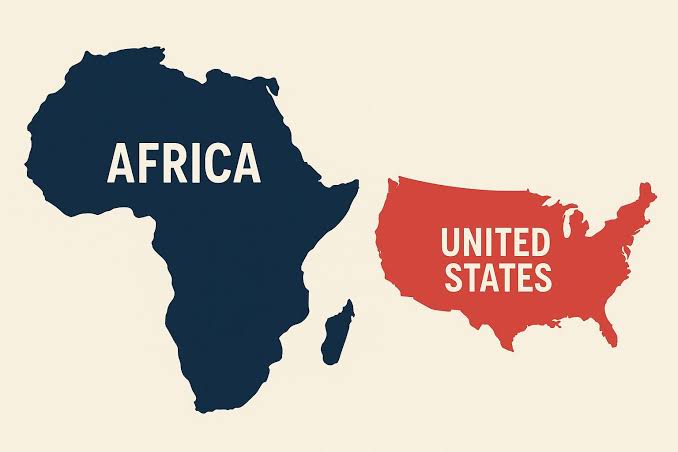
Sahel: Fears Grow Over Possible Data Breach Involving Orange SIM Cards

A new investigation has raised alarming questions about a possible data breach involving Orange SIM cards allegedly exploited by armed groups across the Sahel. According to the report, insurgents may have gained access to sensitive subscriber data, including location, movement patterns, and contact lists, enabling them to track targets and carry out precisely coordinated ambushes.
While the French telecoms operator Orange has formally denied any breach or compromise of its systems, the allegations have nonetheless stirred concern in a region already grappling with instability and weak digital safeguards. Security analysts warn that even limited leaks of personal data could have devastating consequences in conflict zones, where armed groups increasingly rely on digital intelligence to plan attacks.
In parts of Burkina Faso, Mali, and Niger, reports of targeted killings have led investigators to suspect that attackers might be using data from mobile networks to trace movements, a scenario that, if confirmed, would expose serious vulnerabilities in regional telecommunications infrastructure.
READ MORE: Burkina Faso Launches AES Biometric Identity Card, Strengthening Sahel Integration
Authorities have not publicly confirmed the source of the alleged data leaks, but experts point to systemic risks linked to corruption, insider threats, and the absence of robust cybersecurity frameworks.
In a region where mobile phones are lifelines for communication and survival, the possibility that a device could become a weapon against its owner underscores the fragile balance between connectivity and security in the modern Sahel.
About The Author
Related Articles
AES Ministers Conclude Roadmap Talks in Ouagadougou, Strengthen Security Coordination
Ministers of the Confederation of Sahel States have concluded high level discussions...
ByWest Africa WeeklyMarch 2, 2026Investigation Links Western Funding Networks and NGOs to African Conflict, Terror Financing, and Organised Crime
A transcontinental investigation has exposed an alleged web of Western-funded organisations and...
ByWest Africa WeeklyMarch 2, 2026Bola Tinubu Administration Accused of Enabling Terrorism as NSA Nuhu Ribadu Pushes Terrorist Reintegration with Western-Funded Ex-Fighter Programs
The administration of President Bola Tinubu is running the country on autopilot...
ByWest Africa WeeklyMarch 1, 2026Tinubu Government Reportedly Paid Millions of Dollars in Ransom to Boko Haram for Release of Kidnapped Schoolchildren
New details have emerged suggesting that the Nigerian Government may have paid...
ByWest Africa WeeklyFebruary 25, 2026












Leave a comment